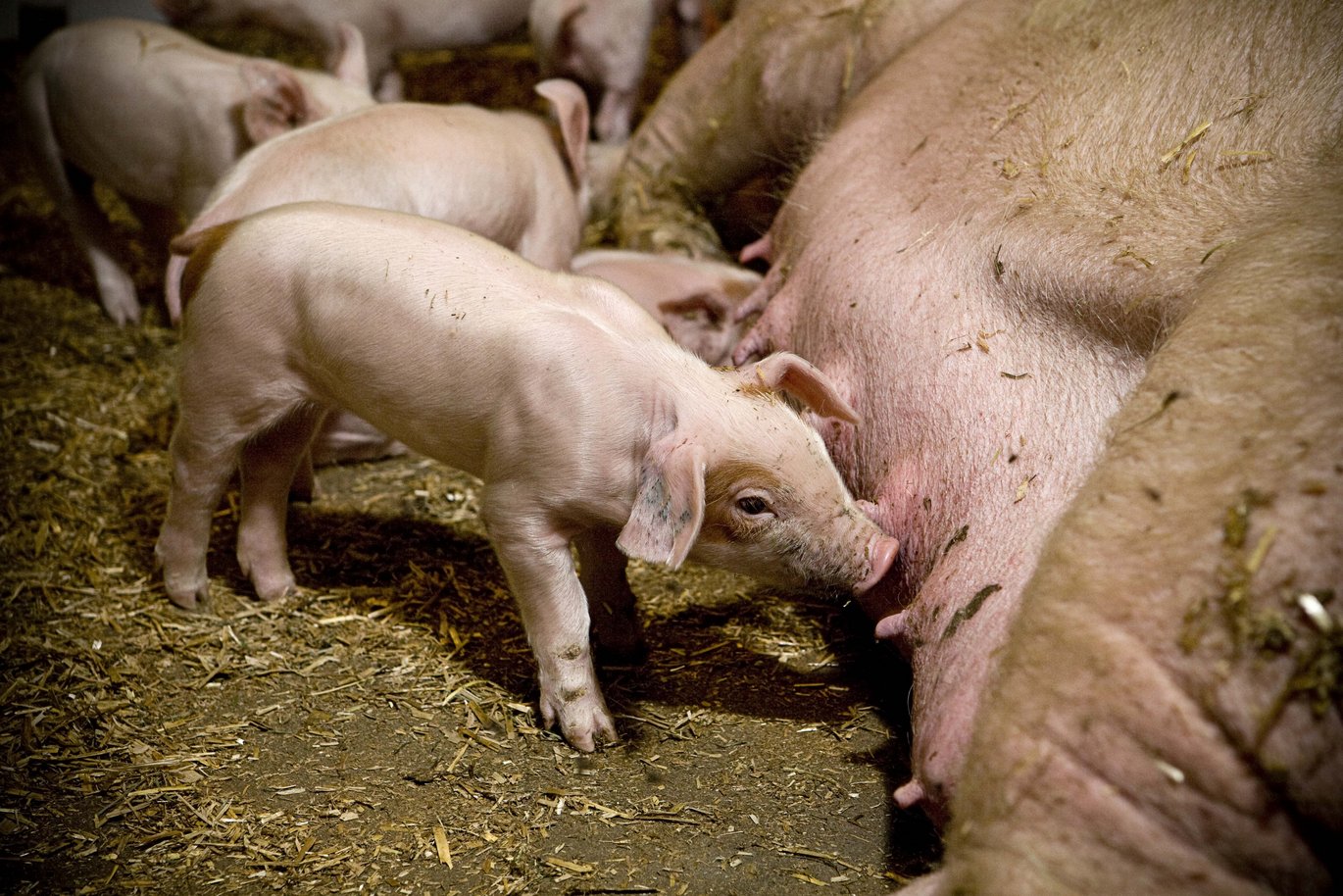Piglets might help prematurely born babies
Prematurely born babies are especially vulnerable to infections immediately after birth. A new, large research Centre with participation from Aarhus University will provide greater insight into the role of the intestine in relation to infections with the aid of animal models.

The establishment of a large strategic research centre at the University of Copenhagen could be the first step in helping prematurely born babies, which are often struck by digestion problems and infection-related diseases immediately after birth. The encounter with billions of bacteria in the gastrointestinal tract is a challenge faced by all newborns, but the problem clearly lies with children that are born too early or who have a very low birth weight.
Researchers know that milk components, anti- and probiotics and caesarians influence the intestine's bacteria and nutrient uptake as well as the immune system and the brain. It is still unclear, however, how these factors affect the early development of infants, as carrying out studies on children is difficult.
The aforementioned centre, which will be quartered at the Department of Human Nutrition at the University of Copenhagen, will become a reality at the beginning of 2013. The Strategic Research Council has granted the project, which includes scientists from Aarhus University, 35.6 million Danish kroner.
One of the participating scientists in the project is Charlotte Lauridsen from Aarhus University who will, use the university's pig models, which are easier to use than studies on infants.
- We have worked on pigs as models for humans for several years and we have particular insight into microbiotics and the importance of sustenance in the intestine. We have been included in this project, amongst other things, to investigate the microbial activity in intestinal samples from both pigs and humans. Nutrients and microflora in the intestine have a large influence on the immunological development early on in life, explains Charlotte Lauridsen, then continues:
- Prematurely born children have an immature intestine, and are thus more susceptible to diseases. This is also seen in pigs. At Aarhus University we have until now mostly worked with weaned pigs, but we must now study them before weaning. We will, amongst other things, look at milk substitutes, where we will use the animal model to investigate different components in the milk. This is an important bit of knowledge in the area of children's development and their ability to take up nutrients.
She expects that the creation of the project will also give scientists at Aarhus University valuable knowledge about piglets and their survival chances. This will be ensured by the training of a PhD student, which Aarhus University has assigned to the project.
The project “Early milk and microbiota to improve later immunity” is led by professor Per Torp Sangild from the Department of Human Nutrition at University of Copenhagen and will run until the end of 2017. The collective budget is of 73.5 million kroner.
Further information: Senior Scientist and Head of section for Immunology and Microbiology, Charlotte Lauridsen, Department of Animal Science, Aarhus University, telephone: +45 8715 8019, email: charlotte.lauridsen@anis.au.dk
